Don’t do stream bot
As an independent artist, it can be tempting to take shortcuts to gain exposure and increase your streaming numbers. However, using stream bot services is not the way to go. While it may seem like a quick and easy way to boost your streams, it is important to understand the consequences of such actions.
Using stream bot services violates the terms of service of streaming platforms and can result in severe penalties. These penalties can include having your music removed from streaming platforms, being banned from those platforms, and even legal action. Additionally, streaming platforms have become increasingly sophisticated in detecting fraudulent activity, making it more likely that you will be caught.
Moreover, using stream bot services undermines the integrity of the streaming ecosystem. It artificially inflates your streaming numbers, making it difficult for genuine artists to stand out and for the industry to accurately measure popularity. This can have long-term consequences for your career, as it erodes trust with your audience and industry professionals.
Have a great “product”
One of the most effective ways to gain exposure as an independent artist is by creating a great product. In the music industry, this means focusing on creating high-quality music that resonates with your target audience. When you put time and effort into crafting your art, it will naturally attract listeners who appreciate your talent and style.
Having a great product goes beyond just the music itself. It also includes your branding, marketing, and overall presentation. Take the time to develop a strong visual identity, create compelling album artwork, and build an engaging online presence. By investing in your brand and image, you will attract genuine fans who are more likely to support your music and share it with others.
Building a loyal fan base takes time and effort, but it is a sustainable and authentic way to grow your career. Focus on creating music that you are proud of, engage with your fans, and provide them with value. When you have a solid foundation of genuine supporters, you will see your streaming numbers grow organically.
Responsibilities of fraud
Engaging in streaming fraud not only harms your own career, but it also has broader implications for the music industry as a whole. It is important to understand the responsibilities that come with being an independent artist and the impact your actions can have on others.
Streaming fraud undermines the credibility of streaming platforms and the trust that fans place in the charts and rankings. When artists manipulate their stream numbers, it skews the perception of what is popular and deserving of attention. This can lead to talented artists being overlooked and potentially discourage them from pursuing their dreams.
Furthermore, streaming fraud affects other independent artists who are trying to build their careers legitimately. It creates an uneven playing field where artists who engage in fraudulent practices can appear more successful than they actually are. This not only diminishes the hard work and talent of genuine artists but also makes it more difficult for them to gain recognition and opportunities.
As independent artists, it is our responsibility to uphold the integrity of the music industry. By focusing on creating great music, engaging with our fans, and supporting other artists, we can contribute to a vibrant and fair ecosystem that benefits everyone.
Distributors will not pay you for fraud plays
While it may be tempting to use stream bot services to boost your streaming numbers, it is important to understand that distributors will not pay you for fraudulent plays. Streaming platforms have sophisticated algorithms and measures in place to detect fraudulent activity, and they are constantly improving their systems to ensure fair play.
When you engage in stream fraud, you may see a temporary increase in your streaming numbers, but these numbers are not genuine. Distributors and streaming platforms have mechanisms in place to identify fraudulent plays and remove them from your overall statistics. This means that the plays generated by stream bot services will not count towards your royalties or revenue.
In addition to not being paid for fraudulent plays, using stream bot services can also have long-term consequences for your career. As mentioned earlier, engaging in fraudulent activity can result in penalties, such as having your music removed from streaming platforms or being banned from those platforms altogether. This can severely impact your ability to reach and connect with your audience.
Instead of resorting to fraudulent practices, focus on creating high-quality music, building a genuine fan base, and engaging with your audience. By doing so, you will not only grow your career organically, but also have the opportunity to earn royalties and revenue from legitimate plays.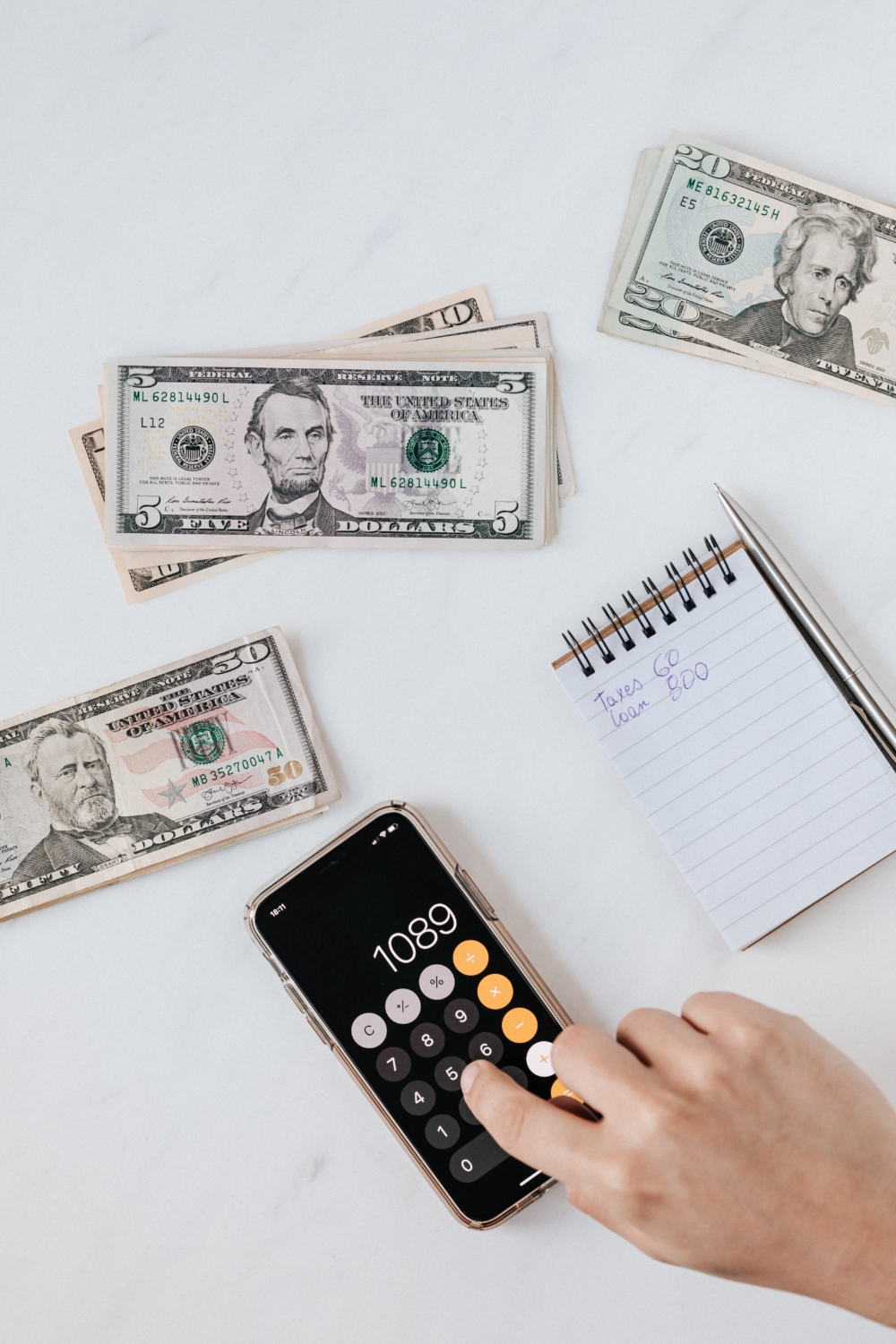
Conclusion
While the allure of quick success and increased exposure may be tempting, engaging in stream fraud is not worth the risks. As independent artists, it is important to build our careers on a foundation of integrity, authenticity, and hard work. By focusing on creating great music, engaging with our fans, and supporting other artists, we can contribute to a thriving and fair music industry.
Instead of relying on fraudulent practices, invest your time and energy into creating a great product that resonates with your audience. Build a loyal fan base, establish a strong visual identity, and utilize effective marketing strategies. By doing so, you will not only see your streaming numbers grow organically, but also have the opportunity to earn royalties and revenue from legitimate plays.
Remember, success in the music industry is a journey, and taking shortcuts may provide temporary gains but can have long-term consequences. Embrace the process, stay true to your art, and let your talent shine. By doing so, you will not only build a sustainable career but also contribute to a vibrant and thriving music community.


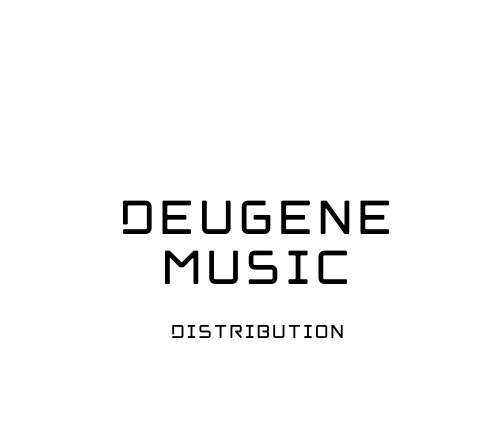
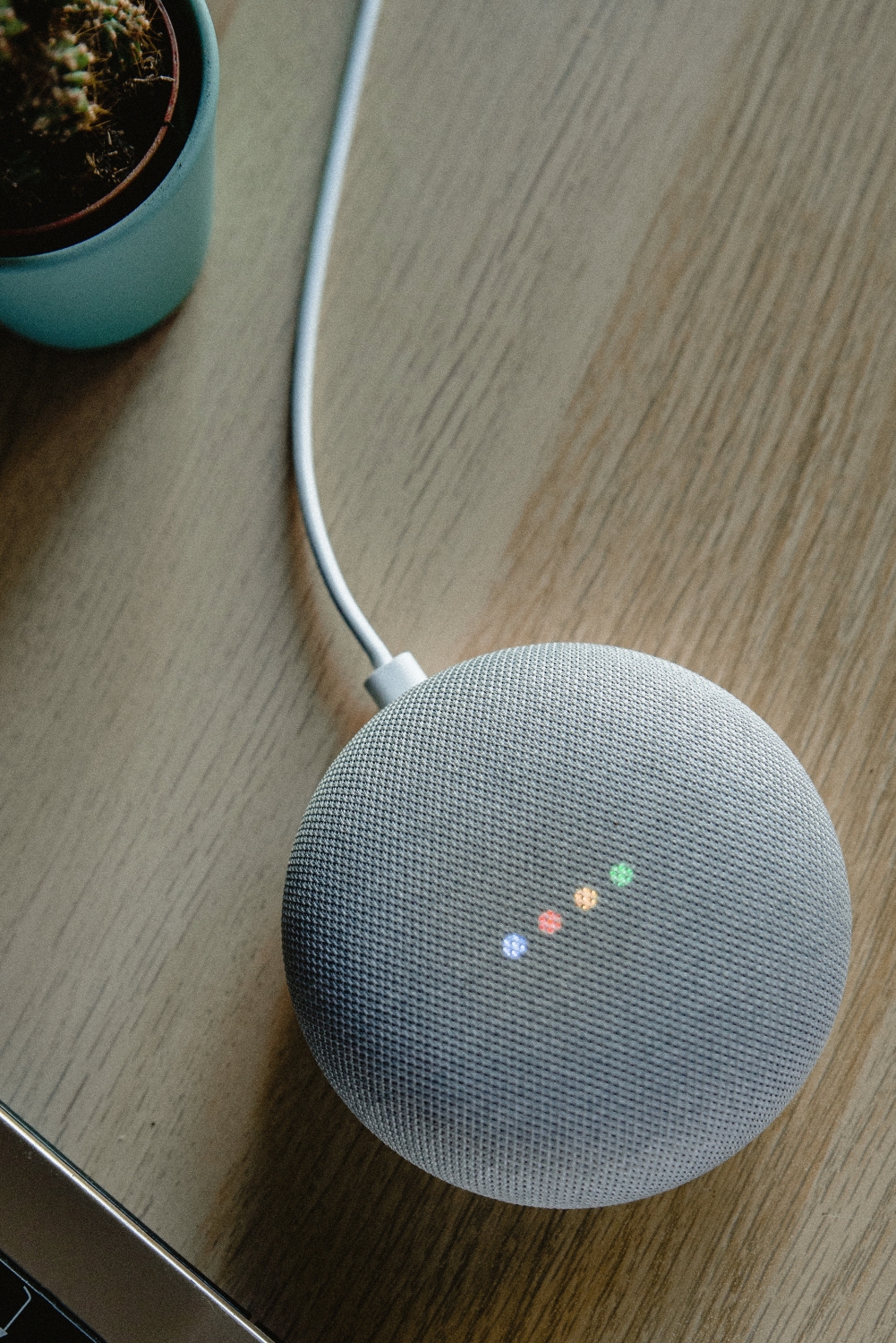
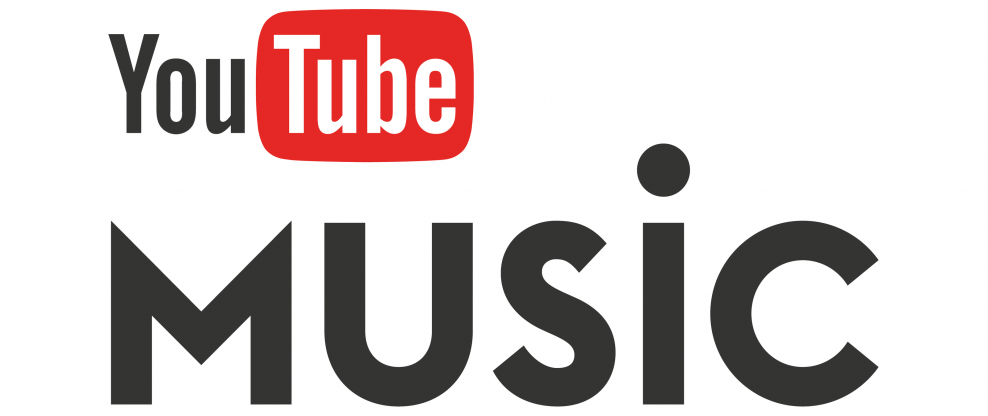

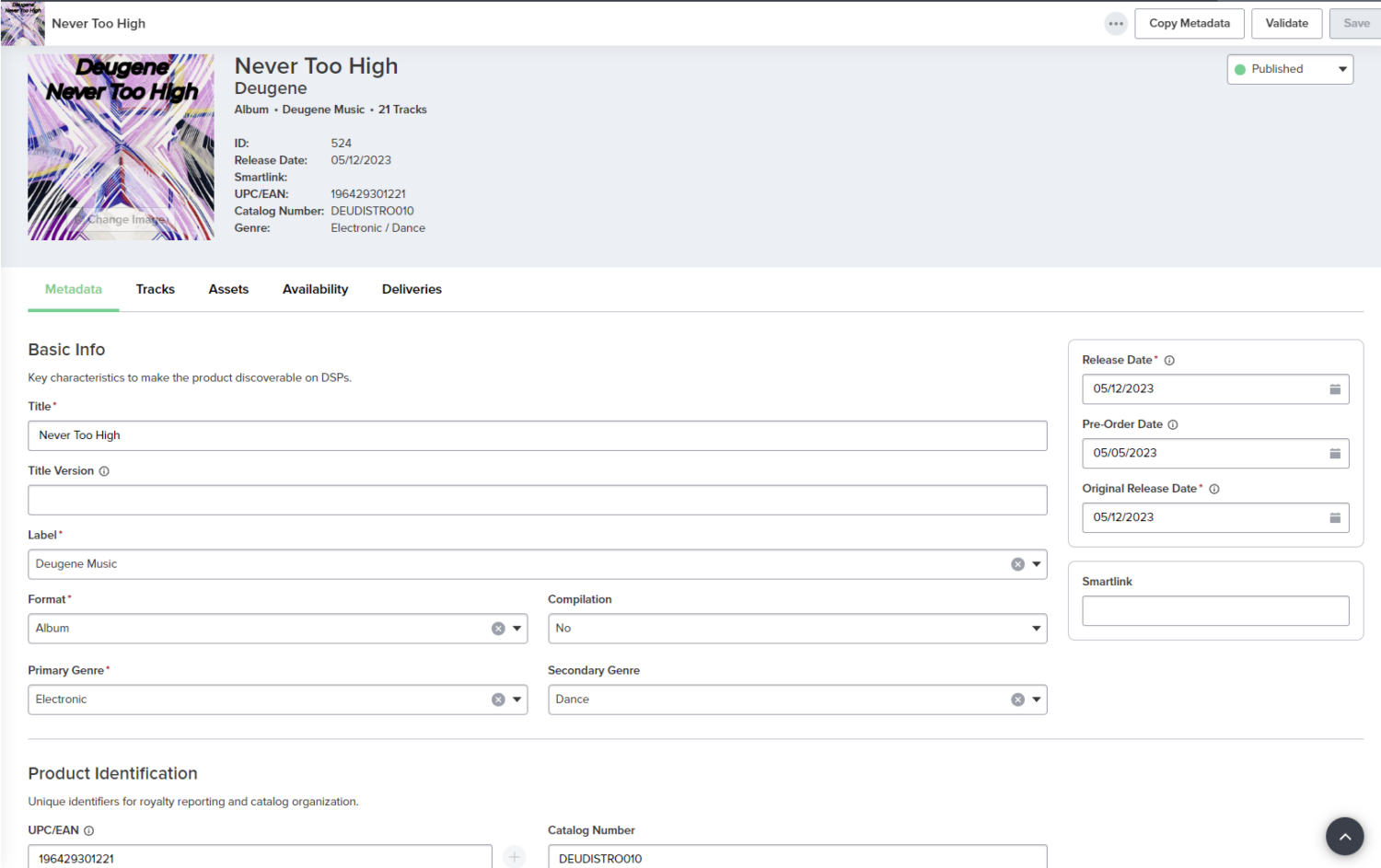
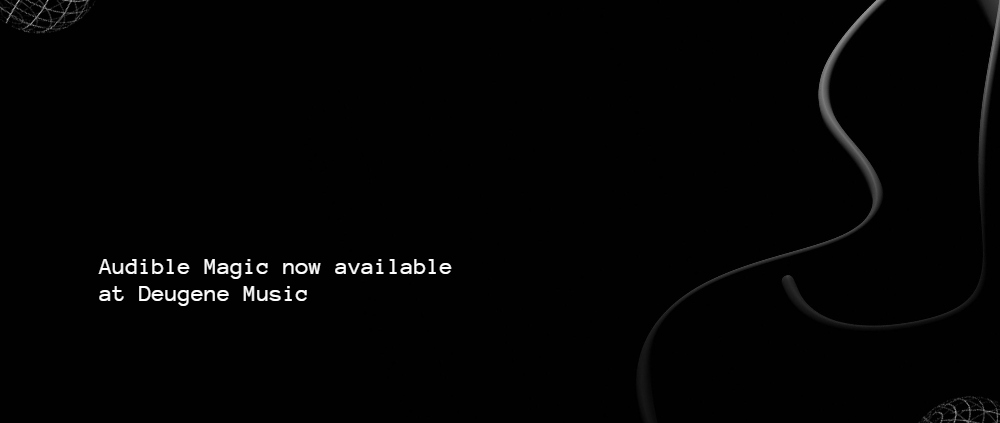


 deugenemusic
deugenemusic